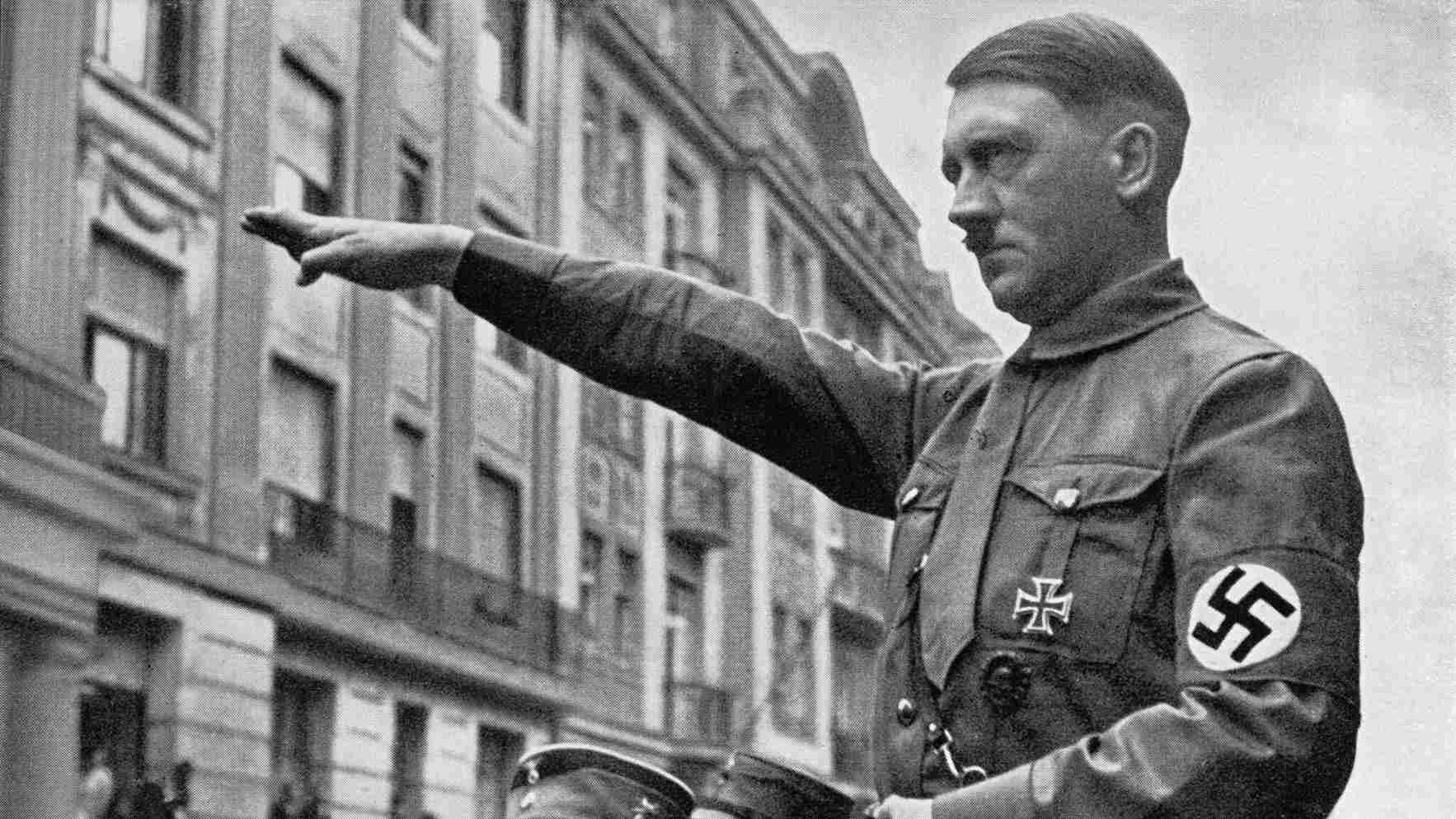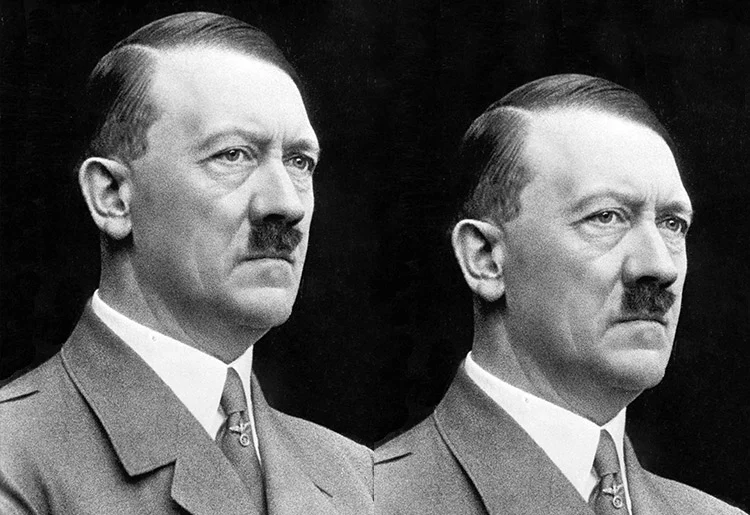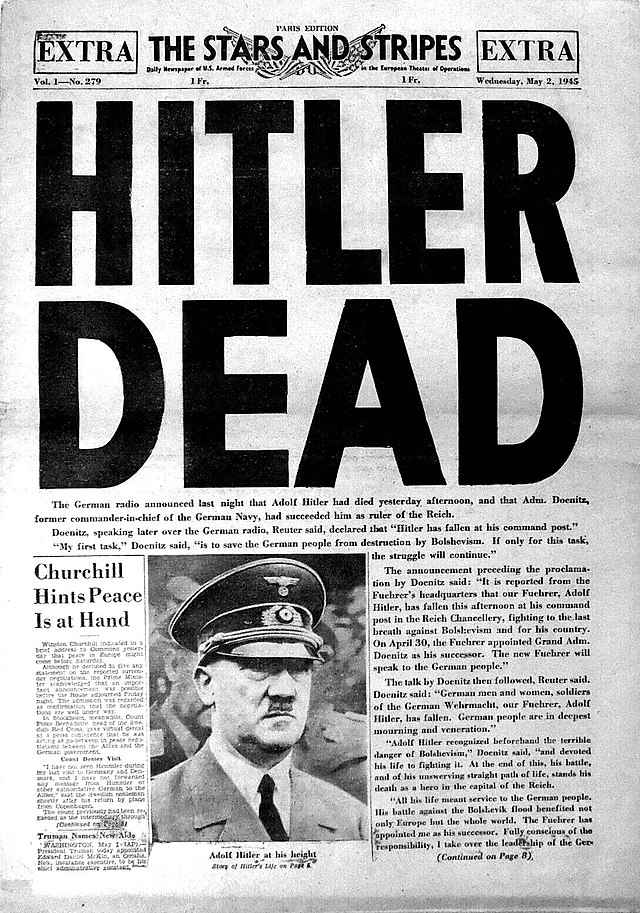Introduction
Adolf Hitler, the infamous dictator of Nazi Germany, remains a subject of historical fascination and revulsion to this day. Born on April 20, 1889, his life and actions continue to impact global politics and culture. This article explores how old Adolf Hitler would be if he were alive today, delving into his life, rise to power, and lasting legacy.
Adolf Hitler’s Early Years
Adolf Hitler was born on April 20, 1889, in Braunau am Inn, Austria-Hungary (now Austria), to Alois Hitler and Klara Pölzl. He spent much of his childhood in Linz, Austria, where he showed an early interest in art and German nationalism. However, his father’s death in 1903 and his subsequent struggles in Vienna shaped his worldview and fueled his growing anti-Semitic beliefs.
Military Service and World War I
At the outbreak of World War I in 1914, Hitler volunteered for the Bavarian Army and served as a dispatch runner on the Western Front. He was twice awarded the Iron Cross for bravery but was wounded in 1916 and temporarily blinded by a gas attack in 1918. The end of the war and the Treaty of Versailles deeply embittered Hitler, fueling his resentment toward the Treaty’s terms and the politicians who signed it.
What was the impact of hitler’s Death on the end of world war ii

Rise to Power
In the aftermath of World War I, Hitler joined the German Workers’ Party (DAP), which later became the National Socialist German Workers’ Party (NSDAP), or Nazi Party. His charismatic oratory skills and nationalist rhetoric quickly propelled him to prominence within the party. In 1923, Hitler attempted to seize power in the failed Beer Hall Putsch in Munich. Despite his arrest and brief imprisonment, the event elevated his status as a national figure.
Chancellorship and Dictatorship
Following the economic instability of the Great Depression, Hitler capitalized on widespread discontent and won popular support in the 1932 elections. On January 30, 1933, President Paul von Hindenburg appointed Hitler as Chancellor of Germany. Over the next few years, Hitler consolidated power, dismantled democratic institutions, and established a totalitarian regime. His aggressive foreign policy and expansionist ambitions culminated in the outbreak of World War II in 1939.
The Holocaust and War Crimes
One of the darkest chapters of Hitler’s reign was the Holocaust, in which six million Jews, along with millions of others, were systematically murdered in Nazi concentration camps. Hitler’s regime also committed numerous other war crimes and atrocities throughout World War II, resulting in the deaths of tens of millions of people.
Death and Legacy
As Allied forces closed in on Berlin in April 1945, Hitler retreated to his bunker beneath the city. On April 30, 1945, facing defeat and with Soviet troops just blocks away, Hitler committed suicide by gunshot alongside his wife, Eva Braun. His body was reportedly cremated and his remains were never found. The fall of Nazi Germany marked the end of Hitler’s reign of terror, but his ideology and actions continue to haunt humanity to this day.
How Old Would Adolf Hitler Be Today?
If Adolf Hitler were alive today, he would be 135 years old. However, it’s important to note that Hitler’s death in 1945 ensures that he will never face the consequences of his actions in the modern world. Despite his demise, Hitler’s legacy serves as a chilling reminder of the dangers of unchecked power, hate, and extremism.



